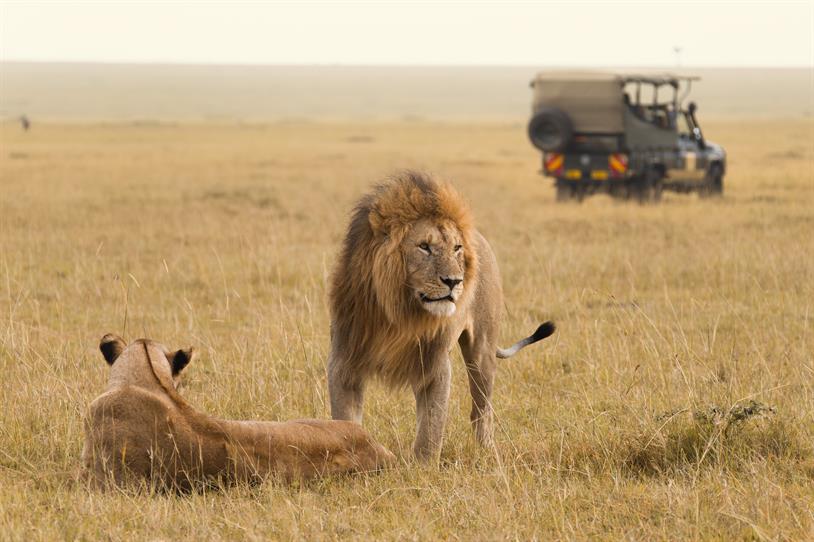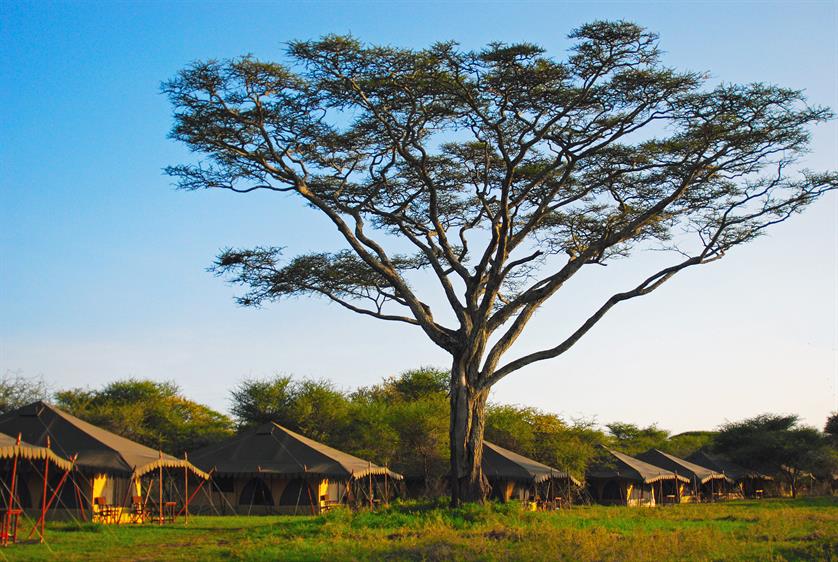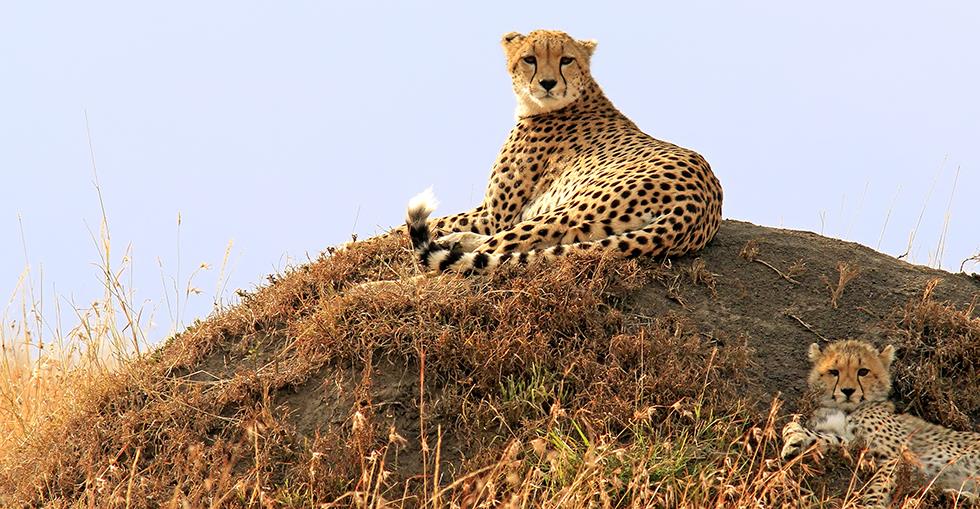Are you tired of the repetitive 9-5 and on the brink of heading for the hills?
Ask yourself these five questions before you jump into the unknown and buy a safari business…
1. What licences and permits do I need?
 The type of licence and permit you need will largely dependent on the country or city that your business is based in.
The type of licence and permit you need will largely dependent on the country or city that your business is based in.
The internal revenue service site should be visited first alongside the state’s revenue department site, to enable you to gain a tax ID number.You will need this in order to pay taxes for your business and submit sales tax amounts.
The next step would be to find out the specific permits and licences your safari business will need.
To avoid overlooking any required paperwork and suffering hefty penalties later, it's definitely worth hiring a lawyer at this stage.
2. How will the location affect my safari business?
Like any other business, location is a very important aspect to consider when you’re thinking about running a safari business.
In order to give your customers a chance of experiencing real wilderness and wildlife you have to chose a suitably rural spot. However, being in such a remote area won’t be an easy ride.
Your tours may be limited to the six-month dry season (depending on location) so your cash-flow will have to be carefully managed
Also, if the safari is really remote, it may be difficult to get onto the electricity grid. Therefore, power will have to be generated on site. You may also have to supply your own water (maybe by drilling boreholes) and vegetables (through a custom-made garden).
Essentially, self-sufficiency is key. You have to make sure that you have the skills (or staff who do) to ensure that your safari can survive by itself in the wild.
3. Should I operate the business ‘on the ground’ or subcontract?
A majority of safari companies based outside of Africa end up subcontracting. However this introduces much higher costs to the customer because both the safari company and the people they subcontract need to make money.
In addition, in order to decrease costs, safari companies can end up subcontracting operators that are cheaper and sometimes unreliable.
Being a safari company that is ‘on the ground’ gives you a lot more power on the services you offer to customers, as well as ensuring their safety. It allows you to check that vehicles are fully serviced, the safari tours are engaging and that customers are being well looked after.
4. What type of safari lodging should I provide?
Primarily, there are three main types of safari lodging that can be provided. And although you can cover various bases regarding the types of customer you’re seeking to service, the type of accommodation will normally depict the type and income level of customer you’re likely to attract.

Mobile: This is a much more ‘rough-and-ready’ type of accommodation for guests and often caters to the budget end of the safari spectrum. While on the safari tour, accommodation will usually be in the form of a temporary camp each night.
Mobile permanent camp: As with the mobile safari, your punters will move around. However, the camps and lodges visited are permanently rather than temporarily located.
Permanent: In this case, tourists will stay stationary in a permanent camp or lodge for the duration of their stay. This is considered to be the more expensive end of the safari spectrum and often includes safari drives, game walks and ventures during the day.
5. Will it be a stable venture?
Venturing into the safari industry is not considered a stable business path; being able to deal with change is at the heart of the sector. This can include political unrest in certain African countries, uprisings, fires, negative media attention, and more, which often affects the tourism industry.
Yet, an ability to adapt and survive is integral to most entrepreneurial ventures and the key is keeping both staff and customers happy.
You can mitigate some of the risk by establishing a quality workforce of passionate individuals, and grow your contacts base on the ground. If you're establishing a business away from your usually territory, contacts and staff can give you additional warning on localised issues that you may not normally see in the press.
Richard Corocan, co-founder and president of Liberty Africa Safaris, told How We Made It In Africa about his business ethos and how to weather difficult times:
‘Tourism is all about people. You keep your team, your contacts… until things improve and then you reawaken everything. It is going to take time, but things will get better.’
Despite the ups and downs of the industry, he feels that, on the whole, owning a safari business is well worth it, ‘When you do a great job, the letters, the comments and the thanks we get from clients and their agents are so satisfying.’



